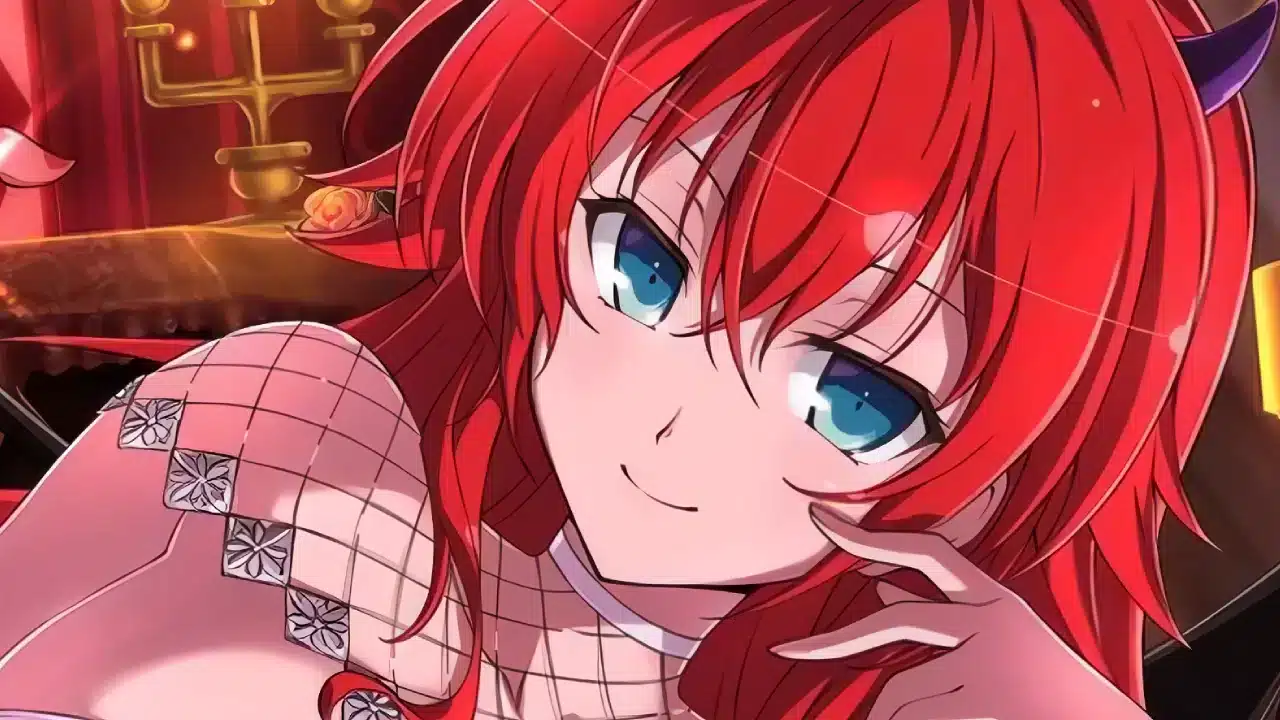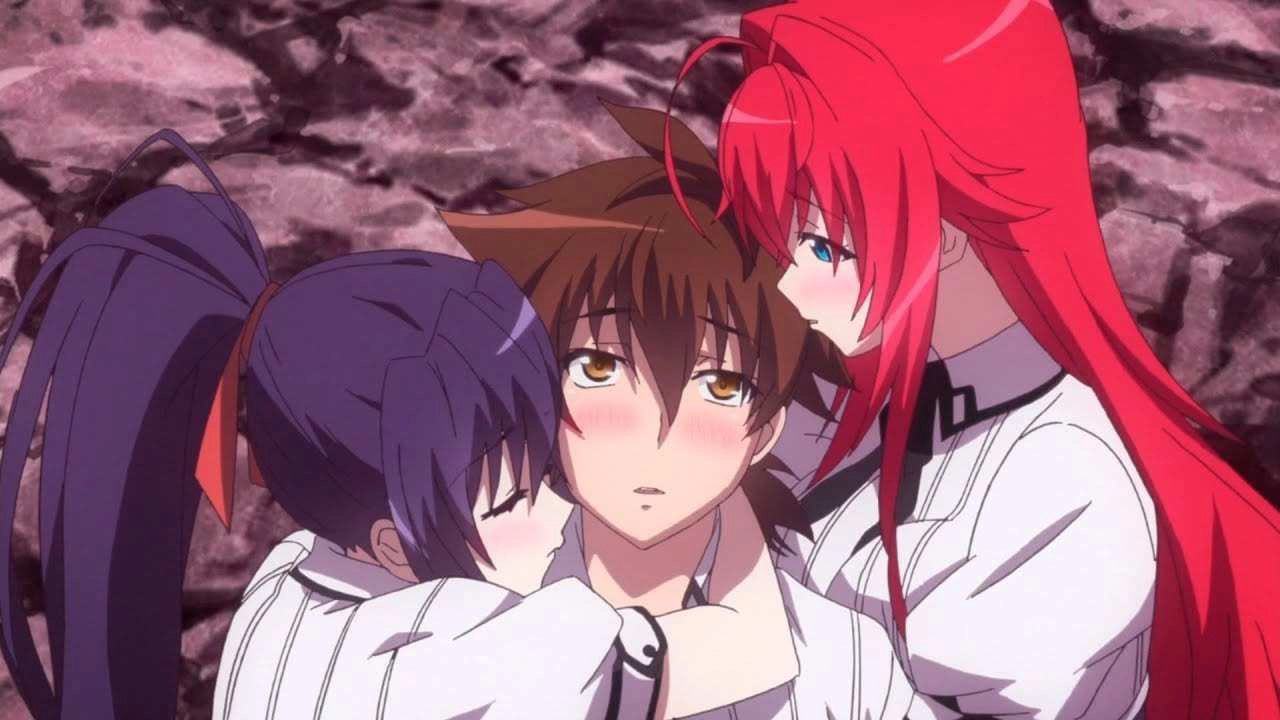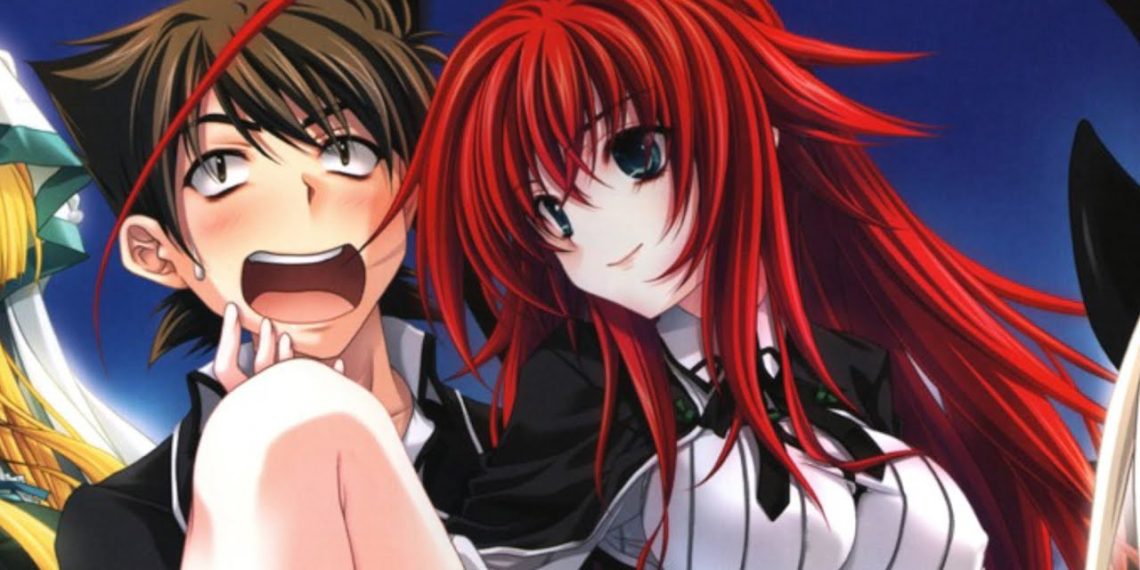A legal battle is underway in the United States to determine whether ecchi anime series like High School DxD should be classified as pornographic material. The case has sparked intense debate among legal experts, free speech advocates, and anime enthusiasts, highlighting the complex intersection of art, law, and societal values.
The U.S. legal system has grappled with the status of fictional depictions of minors in sexual contexts. The PROTECT Act of 2003 criminalizes certain obscene visual representations of minors, including drawings and cartoons, if they are deemed obscene under the Miller test.
Legal Context and Precedents

This test evaluates whether the material appeals to prurient interests, depicts sexual conduct in a patently offensive way, and lacks serious literary, artistic, political, or scientific value. Notably, the Act distinguishes between actual child pornography and fictional depictions, with the latter requiring an obscenity determination.
In previous cases, individuals have faced convictions for possessing obscene anime and manga. For instance, in 2005, Dwight Whorley was convicted of receiving and distributing obscene Japanese anime cartoons depicting minors in sexual situations. Similarly, in 2008, Christopher Handley pleaded guilty to possessing obscene manga, resulting in a six-month prison sentence.
Implications for the Anime Community

The current case has significant implications for the anime community. Classifying ecchi anime as pornographic could lead to stricter regulations on the distribution and consumption of such content, affecting both creators and fans. Supporters of the classification argue that it is necessary to protect societal morals and prevent potential harm, while opponents contend that it infringes on artistic freedom and free speech.
Legal experts note that the outcome of this case could set a precedent for how fictional content is treated under U.S. law. The challenge lies in balancing the protection of minors and societal values with the rights to free expression and artistic creation.
As the legal proceedings continue, the anime community remains divided, with passionate arguments on both sides regarding the classification of ecchi anime and its place within the broader context of media and culture.




